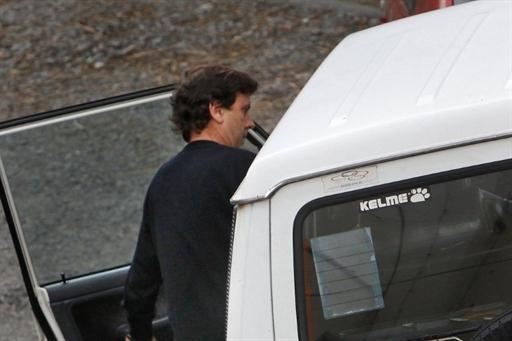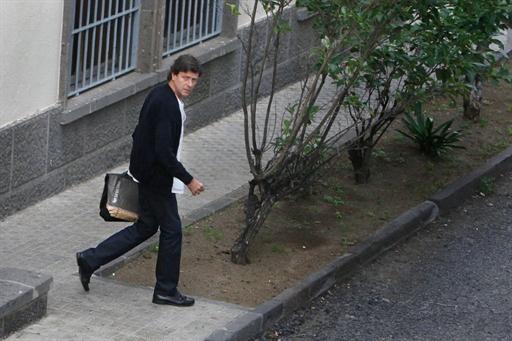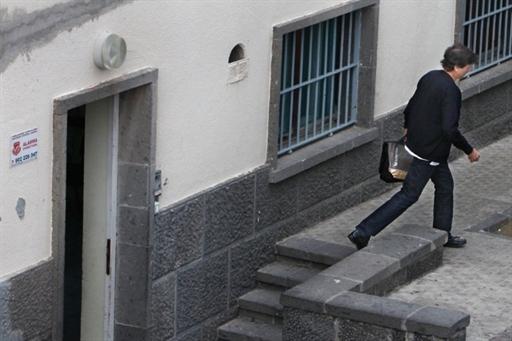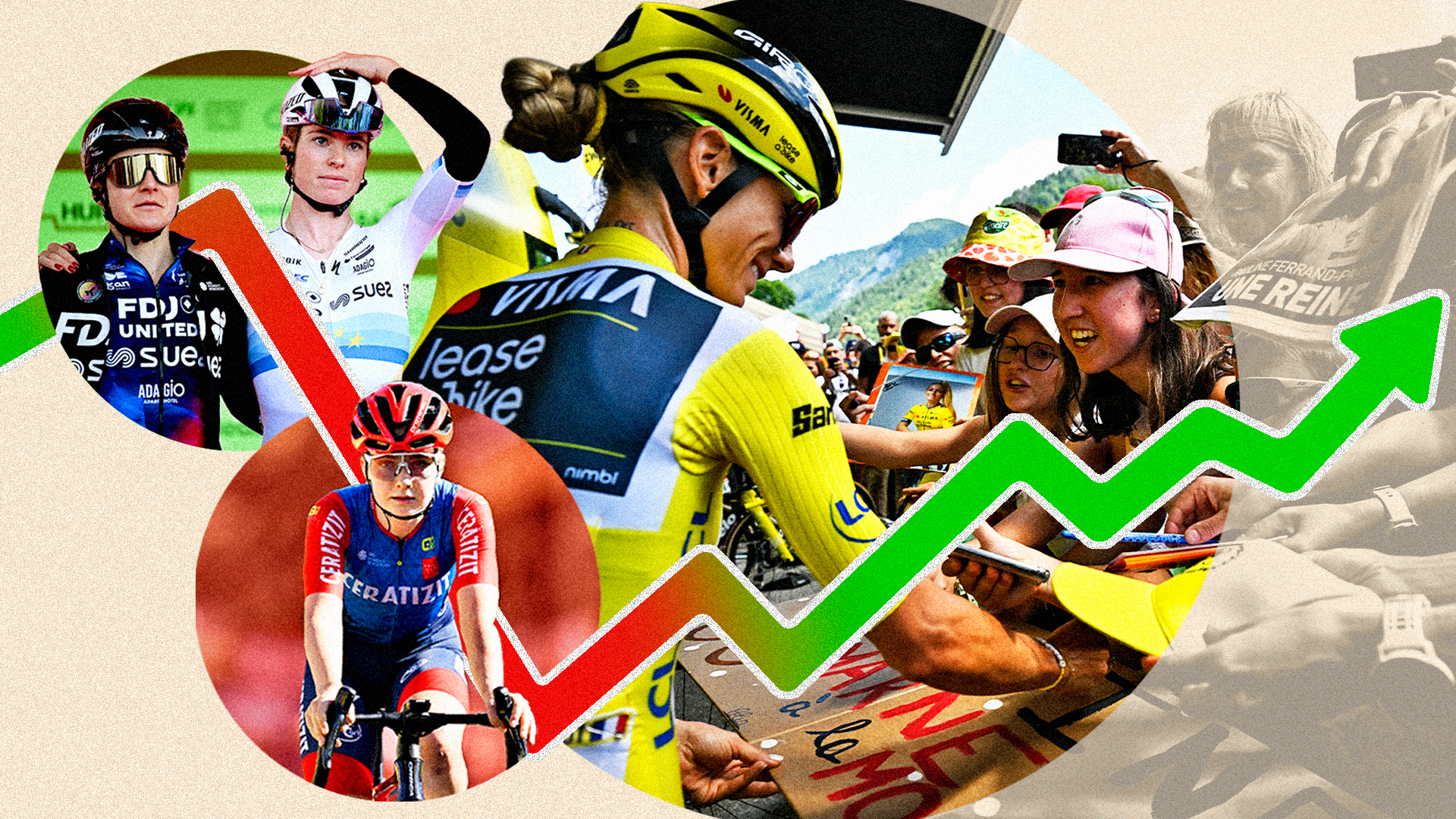Fuentes denies breaking law, but admits giving transfusions
Lawyers representing doctor at centre of Puerto case insist he broke no public health laws
The latest race content, interviews, features, reviews and expert buying guides, direct to your inbox!
You are now subscribed
Your newsletter sign-up was successful



Lawyers representing the doctor at the centre of the Operación Puerto blood doping investigation, Eufemiano Fuentes, have acknowledged that he did carry out blood transfusions for professional athletes, but are insisting that he wasn’t breaking any laws when he did so. Due to face trial in Madrid later this year along with five others, Fuentes is accused of a crime against public health due to the fact that he helped to carry blood transfusions in hotel rooms.
The details have emerged from written statements presented to the Madrid court last December by defence lawyers representing Fuentes, former Comunitat Valenciana DS Vicente Belda and former Comunitat Valenciana assistant DS Ignacio Labarta and were published on Monday [March 12] by El País.
The statement says: “It cannot certainly be said that the blood transfusions provided in hotel rooms were carried out without sufficient hygienic and sanitary guarantees, since such locations are ideal for carrying out these procedures in given situations where they are undertaken, in a hotel room that had recently been prepared for the arrival of a new guest and also bearing in mind that they were carried out by persons who were both well experienced and qualified to do so, namely José Luis Merino Batres, who is a haematologist and Señor Fuentes, who assisted him on some of these tasks, who is also a practising doctor.”
Along with Fuentes, Merino Batres, Belda and Labarta, the others due to face the same charges are Fuentes’ sister, Yolanda Fuentes, who is also a doctor, and Manolo Saiz, former team boss at ONCE and Liberty Seguros. All are maintaining their innocence of the charge brought against them. Merino Batres is also attempting to have the case against him struck out on medical grounds as he has been receiving treatment for Alzheimer’s since 2007. Charges have been dropped against Aldredo Córdova, a doctor who worked with Kelme and Liberty Seguros.
Those standing trial cannot face charges of doping riders because this did not become an offence in Spain until November 2006, largely as a result of the controversy stirred up by the Puerto investigation. However, the statement presented by Fuentes’s lawyers talks of athletes “voluntarily undertaking transfusions” and adds that the procedures often didn’t take place within clinics and other medical facilities because of the “logical desire for discretion and privacy on the part of the athletes and to avoid the drug controls carried out by the sporting authorities".
The statement points out that none of the athletes caught up in the Puerto investigation have come forward with a complaint about their health being endangered. It also underlines the importance that was attached by Fuentes and others to delivering the best quality service, using the same machines and processes for extracting and storing the blood as would be used in a hospital.
The latest race content, interviews, features, reviews and expert buying guides, direct to your inbox!
Peter Cossins has written about professional cycling since 1993 and is a contributing editor to Procycling. He is the author of The Monuments: The Grit and the Glory of Cycling's Greatest One-Day Races (Bloomsbury, March 2014) and has translated Christophe Bassons' autobiography, A Clean Break (Bloomsbury, July 2014).
